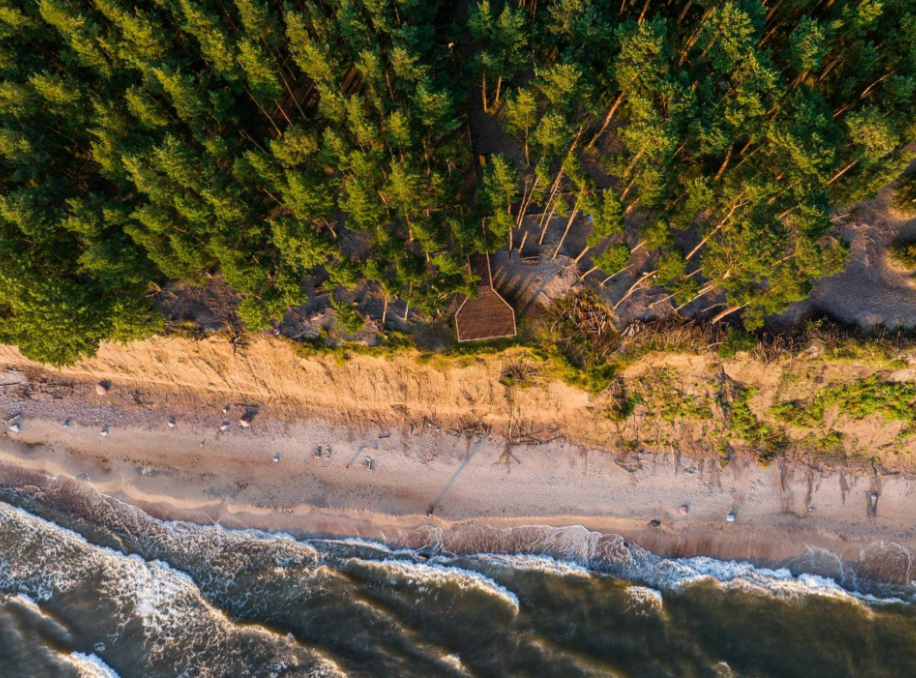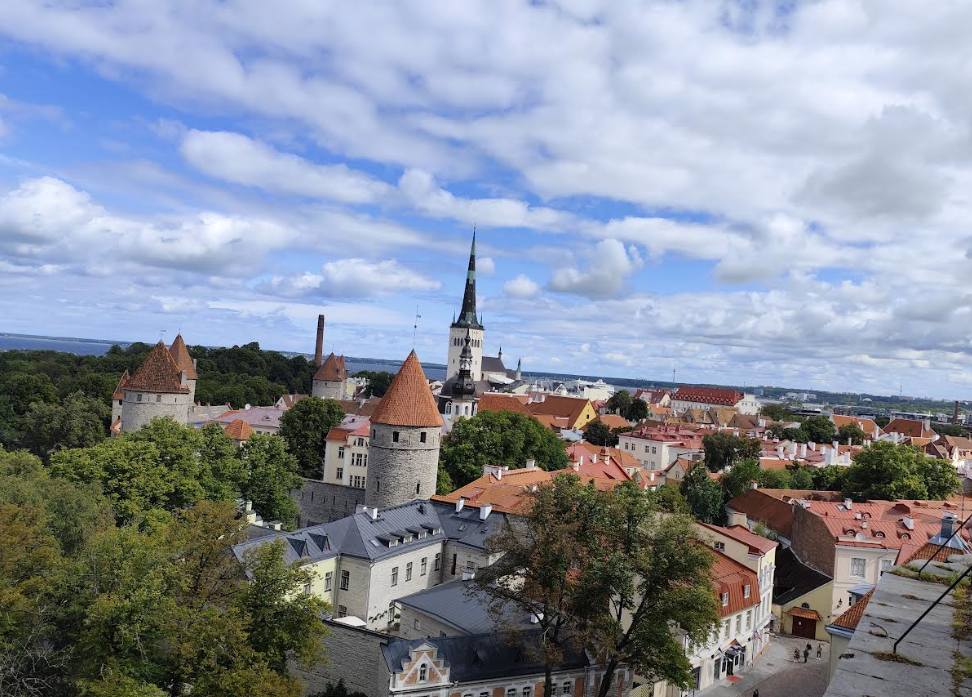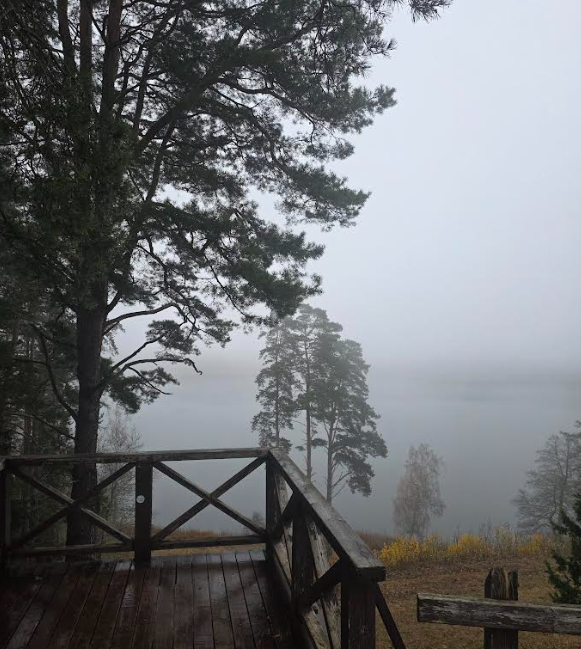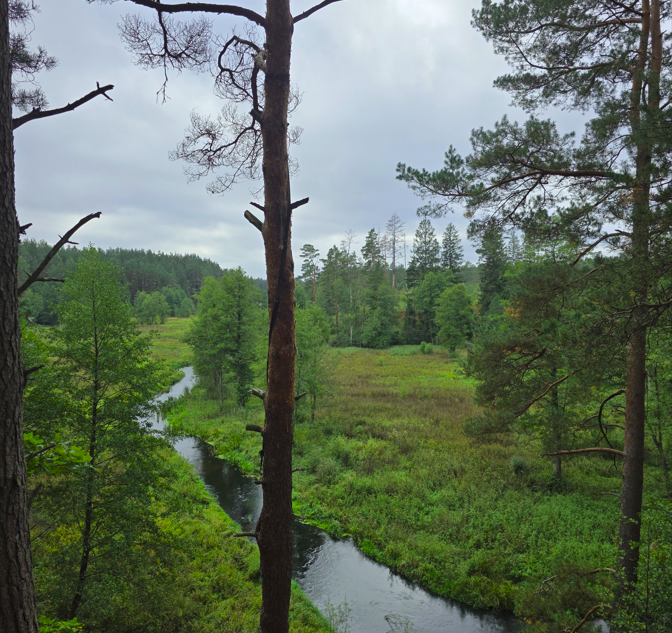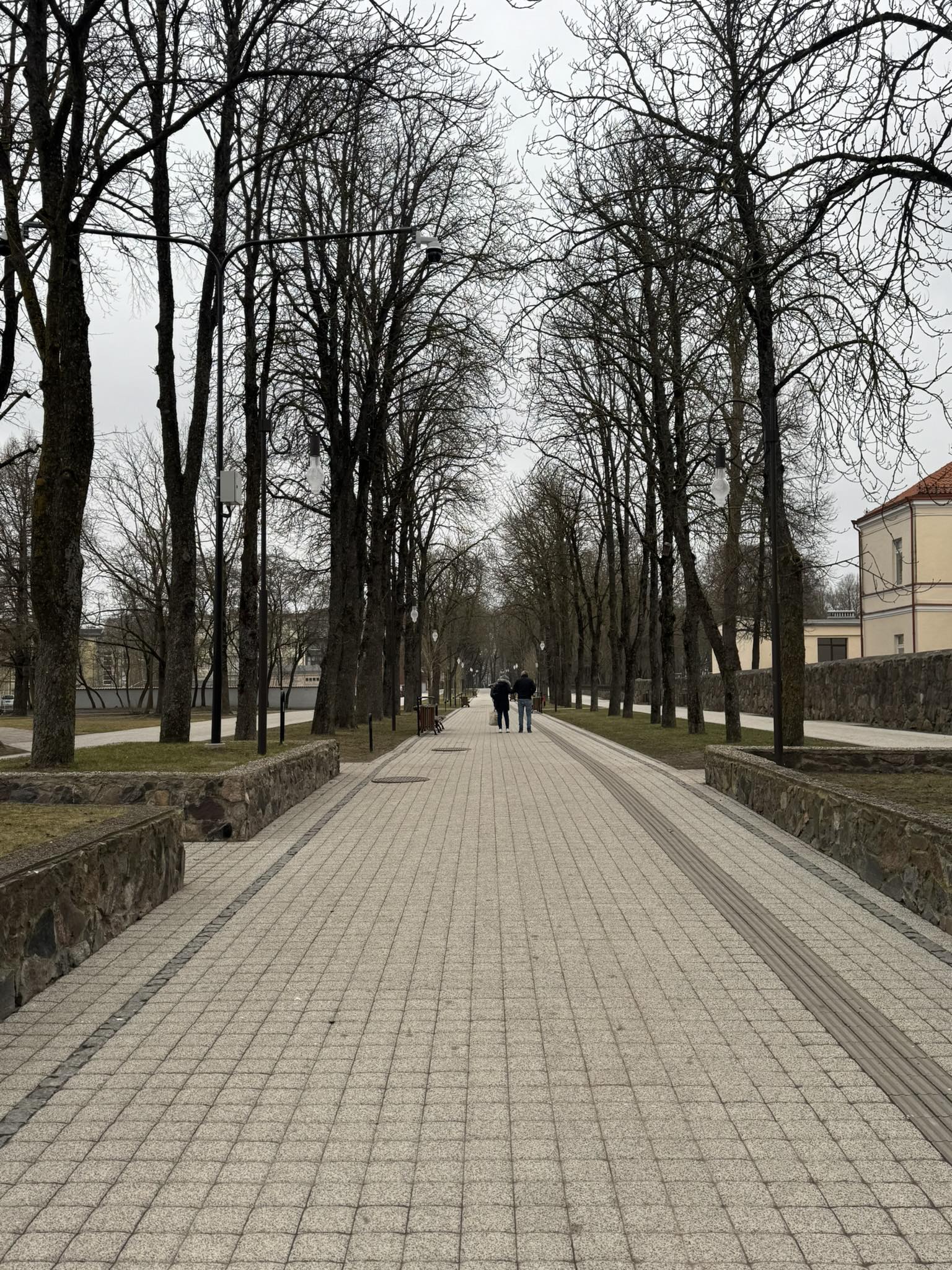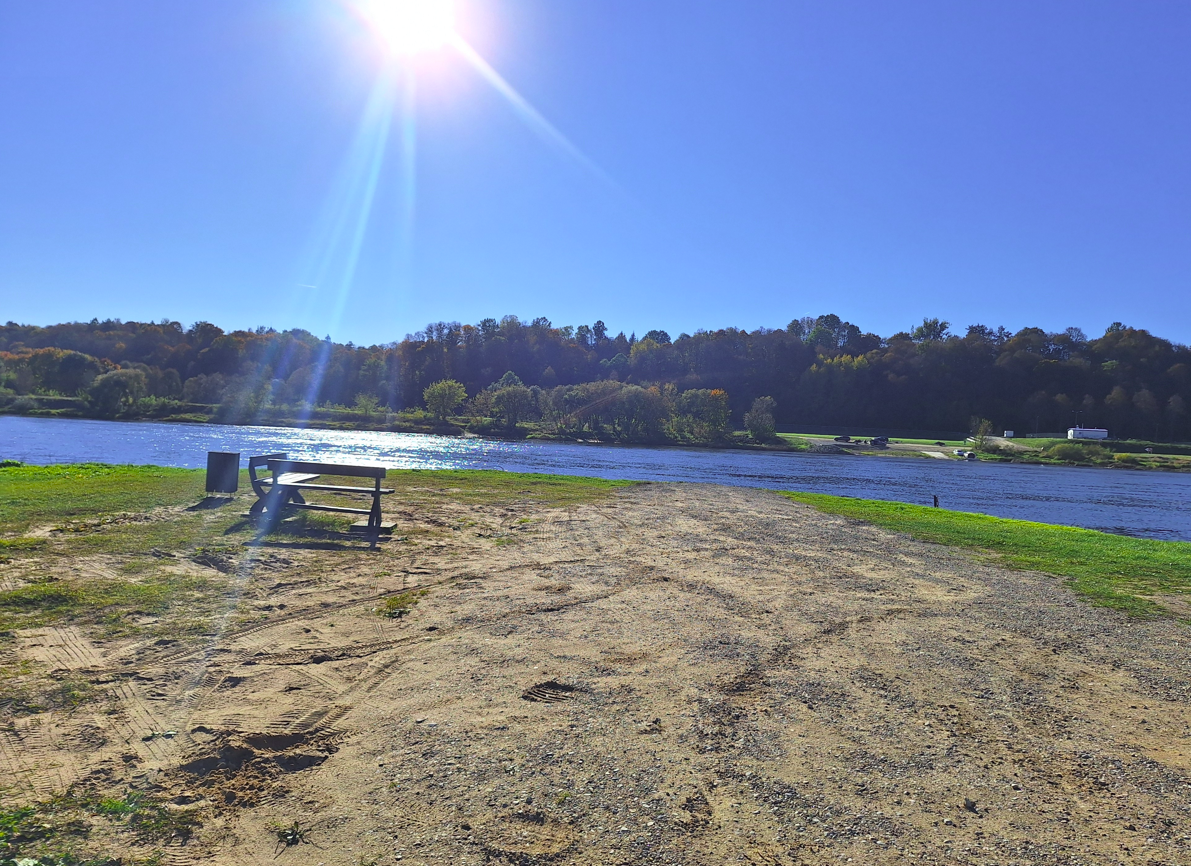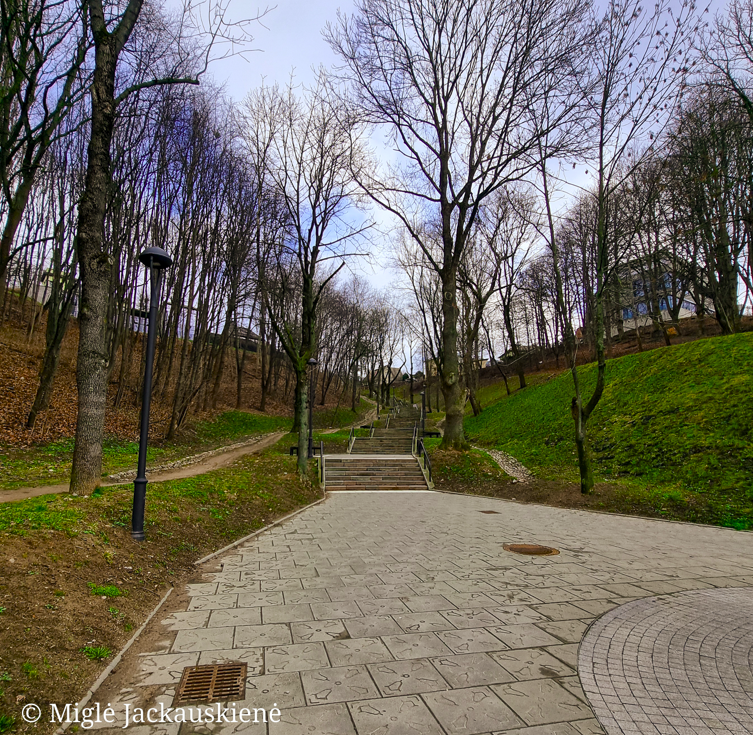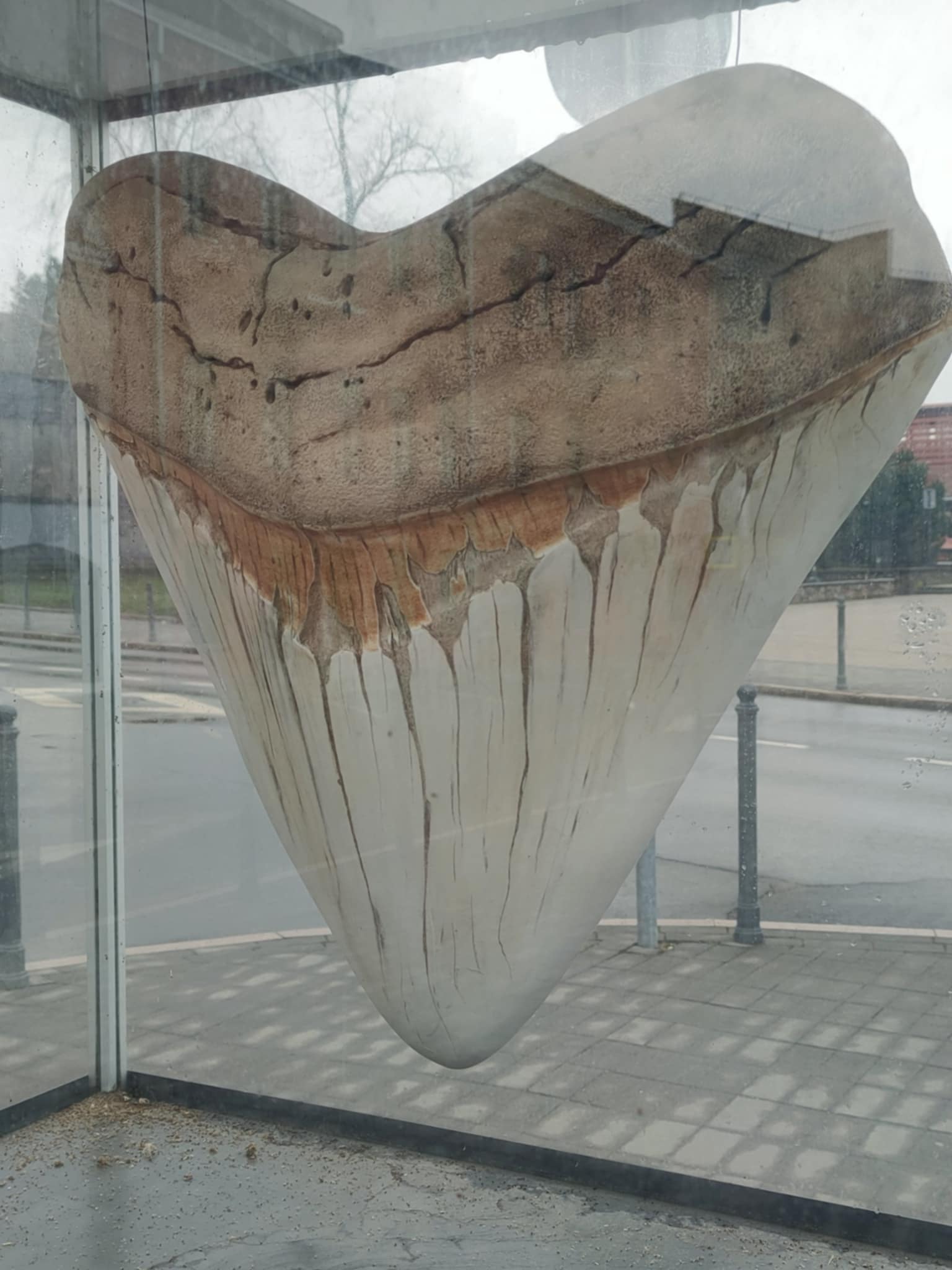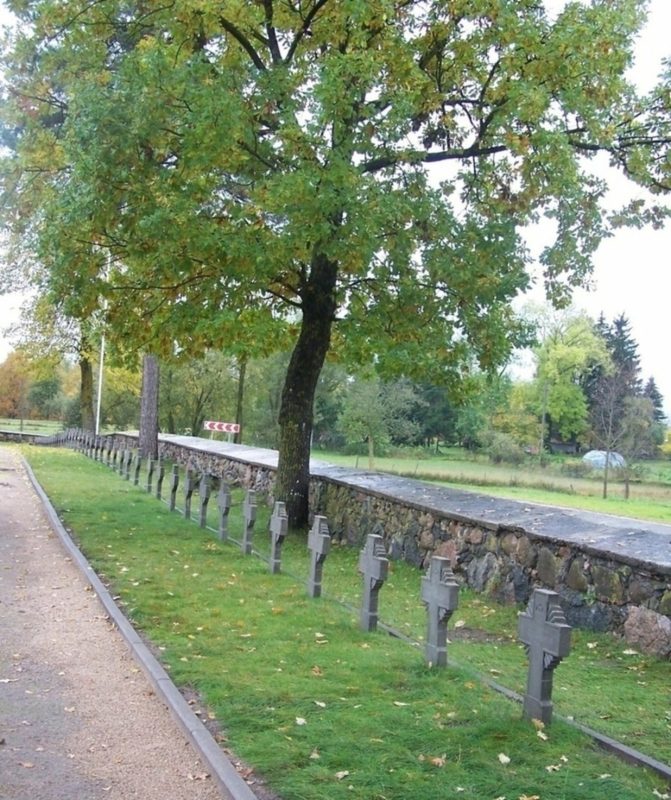Kupiškis Free Thinkers' Historical Cemetery Complex

397

1

0
5 out of 5
(1 reviews)
Before the establishment of the Free Thinkers' cemetery in Kupiškis, those who did not adhere to any religious faith were often imprisoned for burying their dead in Catholic cemeteries or were relegated to being "buried in a swamp."
Info
-

Historical Heritage
-
Kupiskis
-
Before the establishment of the Free Thinkers' cemetery in Kupiškis, those who did not adhere to any religious faith were often imprisoned for burying their dead in Catholic cemeteries or were relegated to being "buried in a swamp." In 1923, the Free Thinkers' Ethical Culture Society was founded in Lithuania, uniting individuals who did not practice any religion and had no ties to any church. This society began establishing Free Thinkers' cemeteries, bookstores, and reading rooms. Creating such a cemetery in Kupiškis was no simple task. Initially, it was necessary to raise 10,000 litas. The land was then purchased from the well-known forester Povilas Matulionis, and a cemetery plan was drawn up by a student named Karazija. After obtaining approval from the Ministry of the Interior, the Kupiškis Free Thinkers' Cemetery was officially established
in 1937. The archives of the Kupiškis Ethnography Museum preserve receipts detailing the costs of the construction work. For example, cement cost about 750 litas, stone fencing for the cemetery cost 1,100 litas, transporting gravel and stones cost 40 litas, and plowing the plot cost 10 litas. The first person buried in this cemetery was a farmer named Juozapas Dūda. His grave is very modest, enclosed only by a simple metal fence, with the bars used to commemorate his name. To this day, only a few headstones remain in the Free Thinkers' Cemetery, and they have been repositioned over time. The cemetery also holds the memory of the mass executions during World War II, when approximately 1,000 people from Kupiškis, mostly Jews, were killed here. Additionally, Soviet soldiers who perished in the Kupiškis region are buried in this cemetery.
Found a mistake?
Report

 Entertainment
Entertainment
 Food establishments
Food establishments











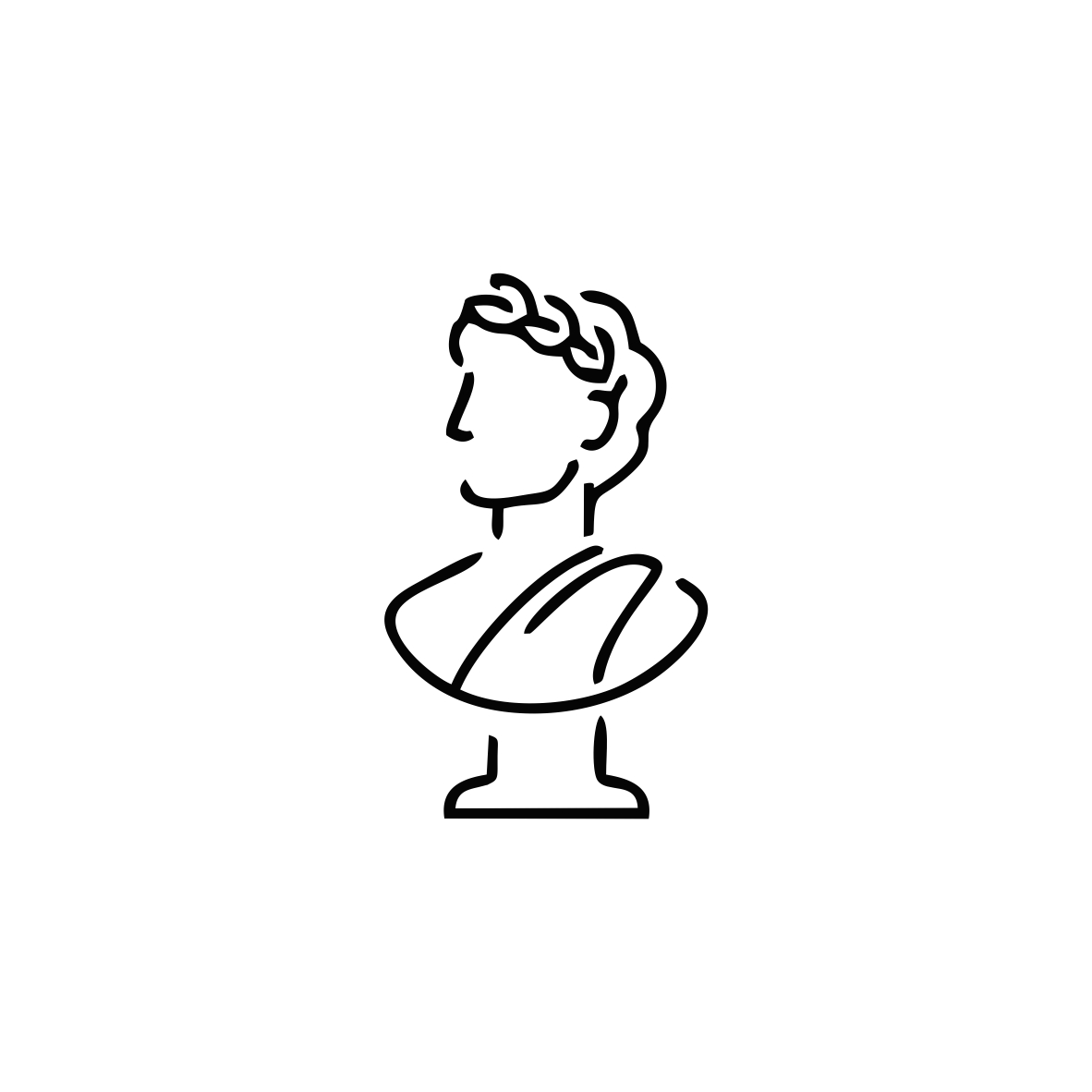





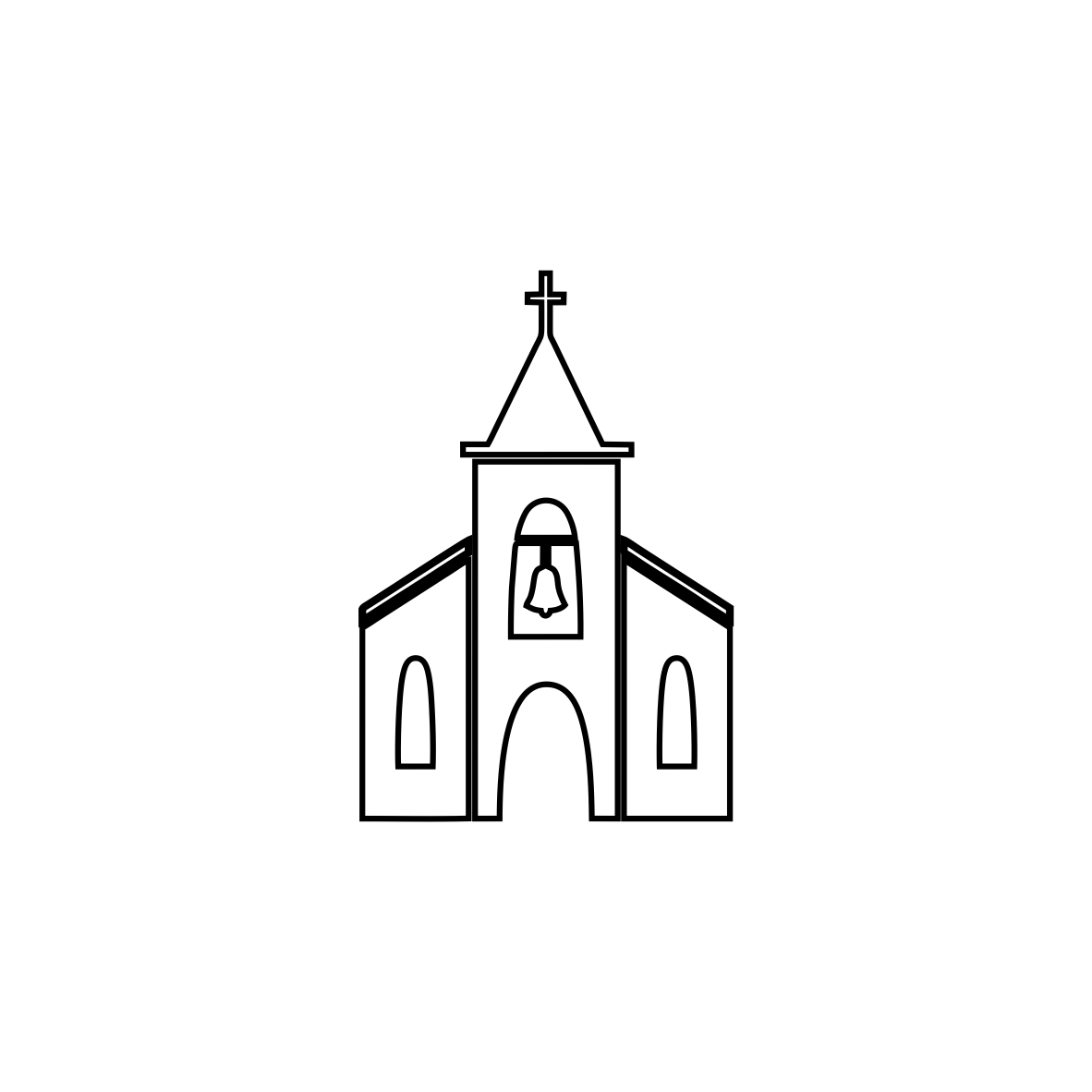
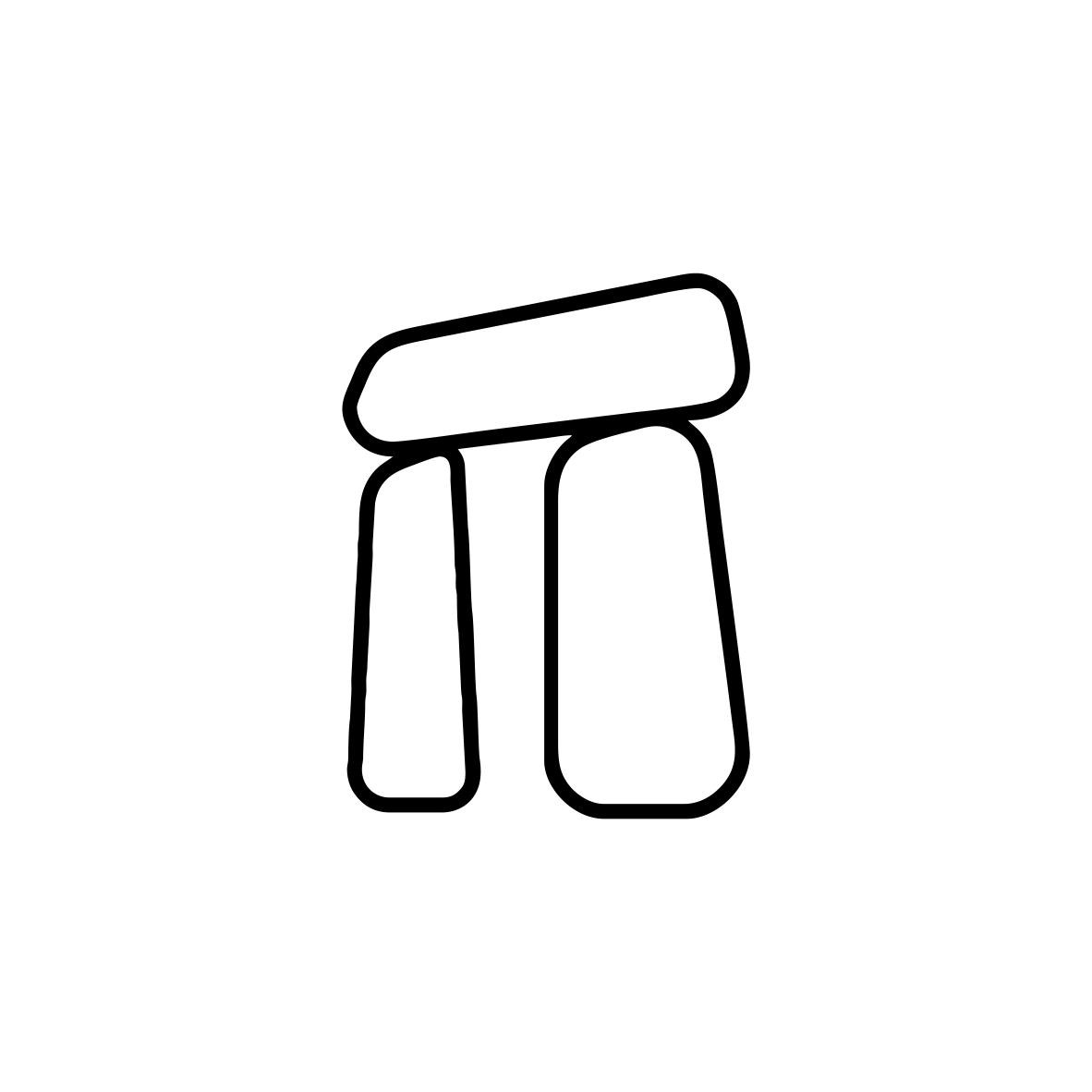



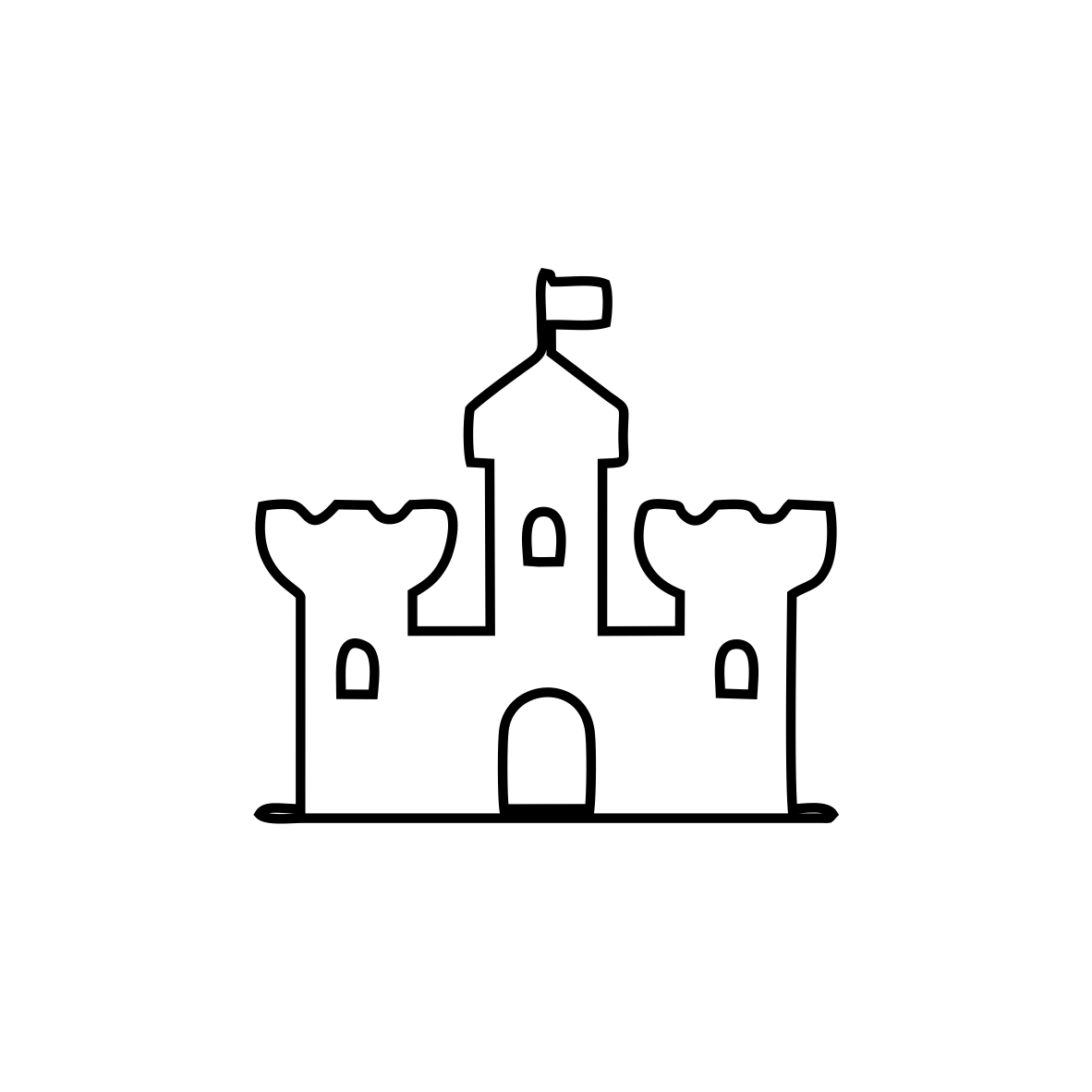
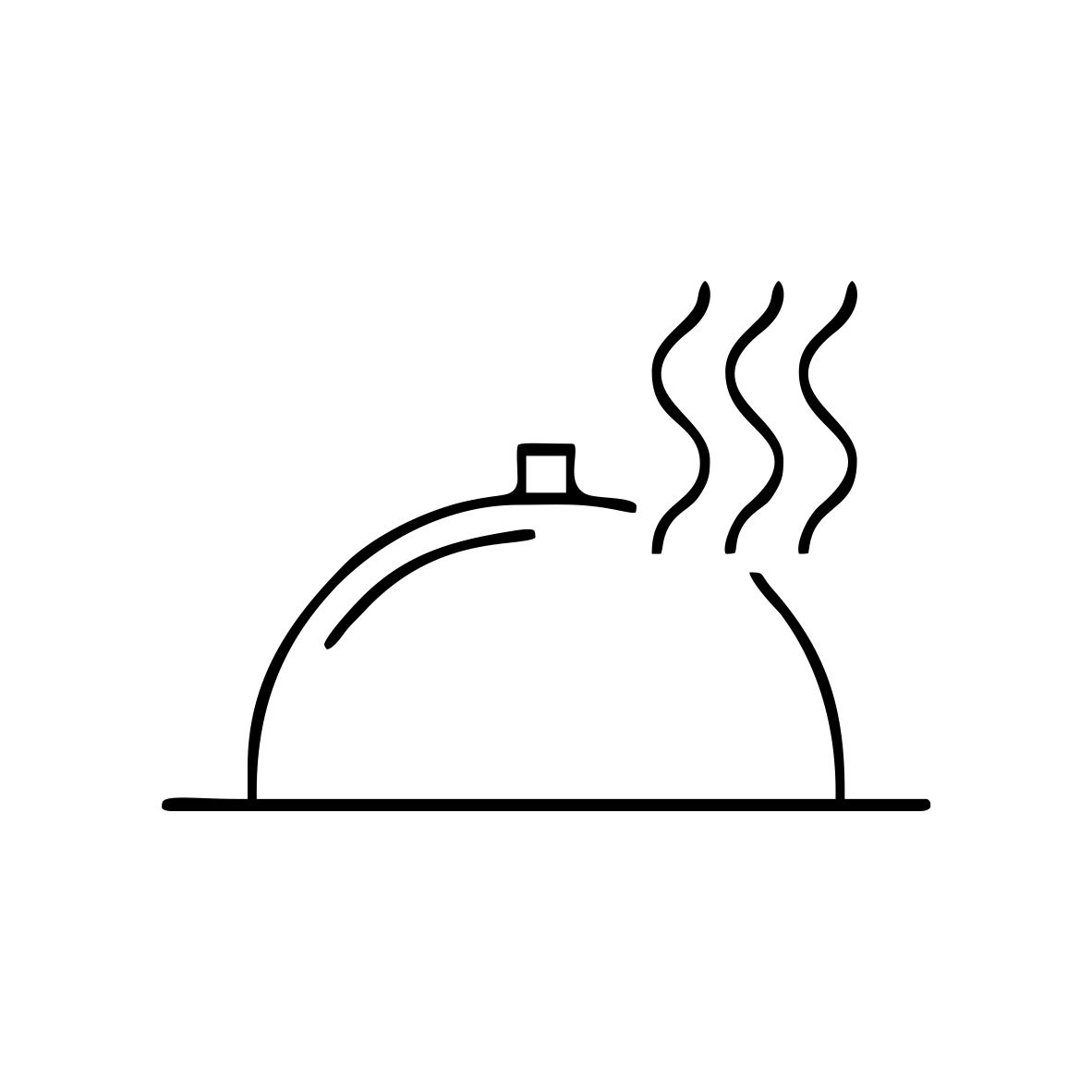





 55.845119, 24.979729
55.845119, 24.979729
 Get directions
Get directions